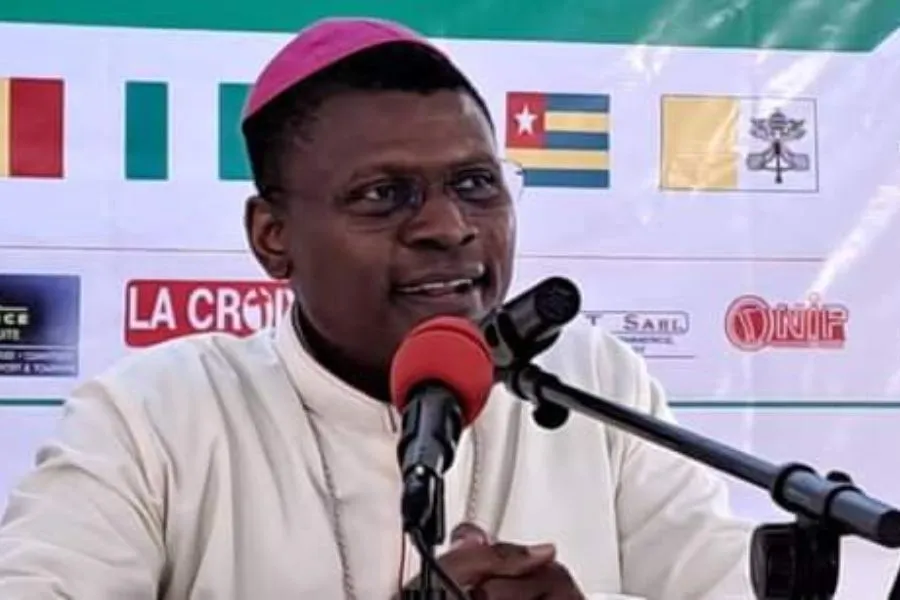Cotonou, 13 August, 2023 / 9:55 pm (ACI Africa).
Interreligious dialogue is the only way to foster peace and tolerance between various faiths in Benin, Bishop Bernard de Clairvaux Toha Wontacien of Djougou Diocese in Benin has said.
In his inaugural lecture at an international seminar for Catholic journalists and communicators in Cotonou, Benin, Bishop Toha said that religious differences in West Africa and other parts of the world are used to fuel divisions and prejudice, leading to violent conflicts.
“Interreligious dialogue is emerging as a promising way of fostering mutual understanding, tolerance and peaceful coexistence between different religious communities,” he said Wednesday, August 9.
He added, “Interreligious dialogue is an essential step in promoting peace and stability in a region like West Africa, where religious diversity is deeply rooted.”
“This dialogue enables members of different religions to meet, exchange and better understand each other's beliefs, practices and values,” the Bishop in charge of interreligious dialogue at the Episcopal Conference of Benin (CEB) said.







